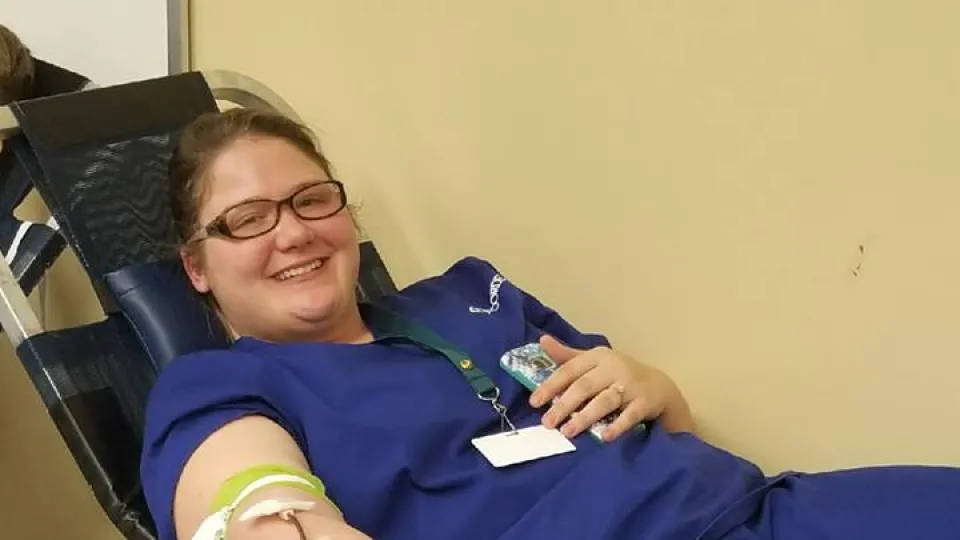
This Sunday is World Mosquito Day, so we at Concorde blog central decided to lead into the weekend and commemorate this day by taking a look at the West Nile Virus, which is transmitted by mosquitos, and how it relates to the Medical Laboratory Technician.
To explain West Nile and how it relates to the Medical Laboratory Technician, we went straight to our resident Concorde expert on the subject. Kevin McHugh, MSCLS, AHI(AMT)CCP, CLS(NCA), MLS(ASCP)CM, Medical Laboratory Technician Program Director at our Concorde Memphis, TN campus, knows the MLT profession and has worked with West Nile in diagnosing and treating the disease.
Following is a question-and-answer session with Kevin on the details of the West Nile Virus (WNV) and how he dealt with it as a Medical Laboratory Technician.
What is West Nile?
WNV is a virus of the Flavivirus genus that is typically spread through mosquito vectors to unsuspecting hosts.
What is the culprit?
The vector that spreads the virus is most often a mosquito of the genus Culex.
Who is the victim?
Most often, avian species are the reservoir targeted host of WNV. However, there are also accidental hosts such as reptiles, amphibians and even mammals such as humans.
What is the mode of transmission to humans?
Typically, the infected mosquito vector spreads the virus to unsuspecting humans through blood feeding causing an allergic reaction known as a mosquito bite. Uninfected mosquitos feed off the blood of the infected human and become infected themselves. This cycle continues.
What symptomology is to be expected?
Mild forms of WNV can cause uncomfortable symptoms such as fever, headaches, feeling tired, muscle pain or aches, nausea, loss of appetite, vomiting and rash. Neurological WNV is a fatal severe disease in humans causing symptoms such as encephalitis, meningitis or even poliomyelitis elading to acute flaccid paralysis in young or old patients and immunoincompetent patients such as those with weakened immune systems secondary to HIV/AIDs or those on chemotherapy. However, 80 percent of cases are asymptomatic.
Where can WNV be found?
WNV can be found in temperate southern regions of the U.S. such as Texas, Mississippi, Tennessee and the Midwest, such as Wyoming and Oklahoma.
Prevention
Currently, there is no vaccine for WNV, so other preventive measures are commonly used such as mosquito nets, DEET, draining all stagnant water and layering clothes to cover extremities.
Major U.S. outbreak
In 2002, 13 people died from blood transfusions contaminated with the virus. By 2012, the virus had plateaued, and by 2013 its prevalence had dissipated substantially.
Testing methodology
Diagnostic testing for WNV can be done on serum or CSF fluids. Immunological testing, known as ELISA, is used most often to detect the presence of the IgM antibodies. Alternative methods include Reverse Transcriptase-PCR testing, Immunohistochemistry testing or even viral cultures. Results can usually be obtained within 1-2 weeks since it is not a routine lab test.
“I remember working in the lab at Lebonheur at the time of this outbreak,” McHugh said. “People were scared. It reminds me of working in the lab during the H1N1 outbreak. Any patient that had any symptom the slightest bit comparable to meningitis or encephalitis had to get a spinal tap to obtain cerebrospinal fluid. Most cases turned out to be nothing but a headache or mild neck pain.
Take The Next Step Towards a Brighter Future
We have a Concorde representative ready to talk about what matters most to you. Get answers about start dates, curriculum, financial aid, scholarships and more!




